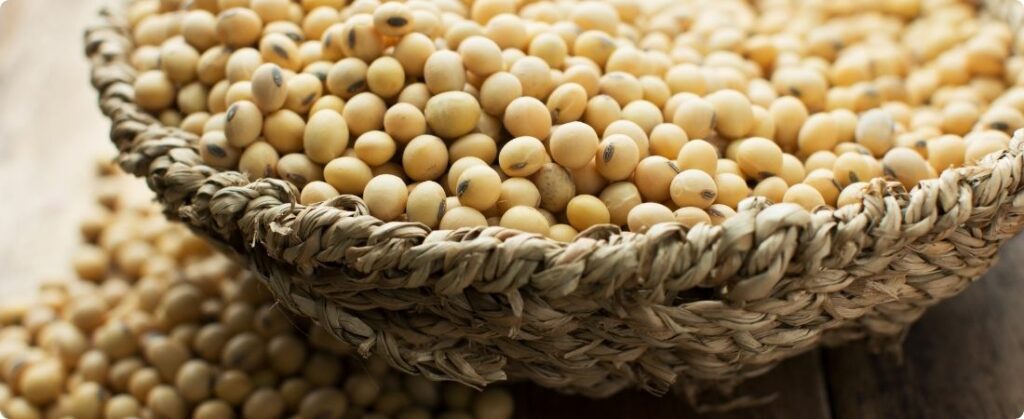
China's retaliation on Friday against new U.S. tariffs is expected to accelerate Beijing's move toward alternative suppliers of agricultural products, including Brazil. That shift began during the trade war of President Trump's first term. Donald Trump.
Beijing has unveiled a series of countermeasures, including additional tariffs of 34% on all US goods, which are on top of the 10-15% tariffs slapped on about US$$21 billion worth of agricultural trade in early March.
According to a trader at a Singapore-based international trading firm that sells grains and oilseeds to China, “It’s like shutting down all agricultural imports from the US. We are not sure if any imports will be viable with the 34% tariff.”
“The main impact will be on products like soybeans and sorghum. It won’t be as much on wheat and corn, as China hasn’t been buying much wheat and corn from the US this year,” the trader added.
Soybeans at the center of global tensions
Additionally, a European grain trader said the European Union, which has also vowed to retaliate, would likely slap tariffs on U.S. soybeans.
According to him, “it’s all about soybeans. A big concern is if there is no agreement before the new US soybean crop,” he said, referring to the US harvest in the second half of the year.
Overall, the trader assessed that “this entire trade war is bearish for US agricultural products and bullish for other origins.”
As a result, the tariffs announced in March have further accelerated the shift away from U.S. soybean imports, redirecting demand to Brazil. Thanks to a bumper crop, the country is on track to achieve a record increase in soybean exports to China in the second quarter.
Brazil and South America as protagonists
“Brazil will be by far the biggest beneficiary, the largest supplier that can replace U.S. soybeans to China. But others could also benefit, including Argentina and Paraguay. On wheat, Australia and Argentina are likely to benefit,” said Carlos Mera, head of agricultural market research at Rabobank.
Sol Arcidiacono, head of Latin America grains sales at HedgePoint Global Markets, said premiums for South American soybeans will stay strong throughout the year despite seasonality and record harvests as the trade war intensifies.
She added that current geopolitics will likely drive an increase in soybean acreage, particularly in Brazil, where expansion has been slowing lately.
The day before, premiums at Brazilian ports for soybeans soared, signaling greater demand for the product from Brazil, with the market bracing for a counterattack from China.
Escalation of the trade war and impacts on the US
On Wednesday, Trump announced a base tariff of 10% on all imports, starting April 5. In addition, higher tariffs were announced for a number of other countries. In the case of China, the tariff is as high as 34%. With this, the global trade war has reached a critical point.
China remains the largest market for U.S. agricultural products. However, imports of these products have been declining. For the second year in a row, imports fell from $42.8 billion in 2022 to $29.25 billion in 2024.
Also on Friday, China suspended import qualifications for sorghum from Chinese-owned C&D (USA) Inc., citing phytosanitary concerns.
China has suspended import qualifications for chicken meat and bone meal from American Proteins, Mountaire Farms of Delaware and Darling Ingredients.
Additionally, it suspended imports of poultry products from Mountaire Farms of Delaware and Coastal Processing.
Source: Ella Cao, Lewis Jackson, Naveen Thukral, Gus Trompiz, Sybille, Ana Mano and Roberto Samora | Notícias Agrícolas












